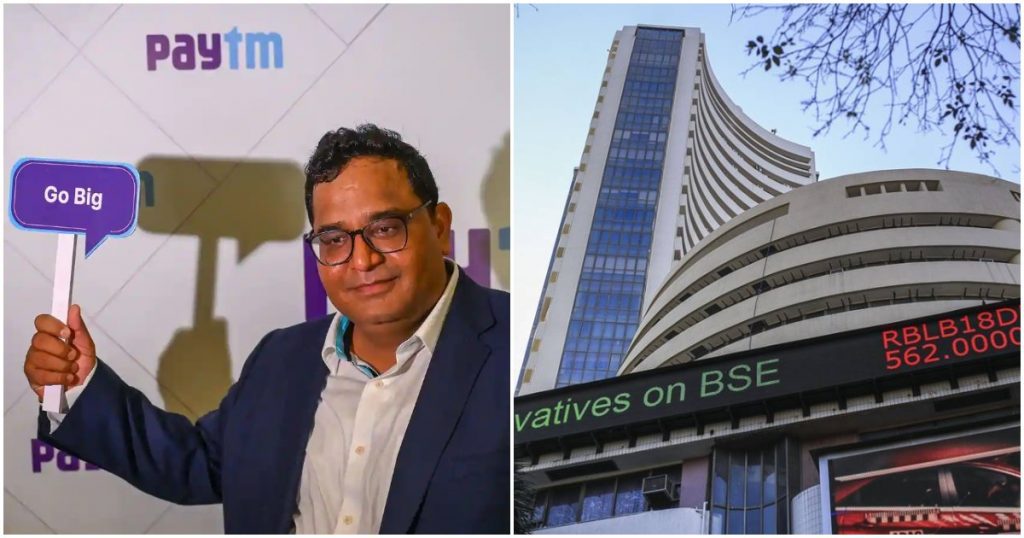Paytm has had a torrid time at the stock markets since it was listed, but it appears that the worst could be yet to come.
Paytm’s shares have crashed to a lifetime low of Rs. 317 per share. This fall comes after a report in the Economic Times today said that the company had seen its lenders invoke their loan guarantees on loans facilitated by the firm. Paytm has also seen the resignation of several senior management personnel in recent weeks.

ET reported that Aditya Birla Finance had invoked loan guarantees from Paytm due to defaults in the loans facilitated by the company. As per the Reserve Bank of India’s digital lending rules, unregulated entities like Paytm are allowed to offer around 5% DLG (default loss guarantee) cover to the non-banking finance companies (NBFCs) they partner with. In Paytm’s case, these guarantees were reportedly structured through collection commitments for loans sourced through it which were not repaid on time. “Aditya Birla Finance Ltd is deducting funds from pay-outs (of commission to Paytm),” a source reportedly said. “Aditya Birla Finance could have possibly invoked a large sum amounting to hundreds of crores of rupees … This will have a severe impact on the company’s financials amid a wider clampdown by the central bank on the sector,” another source said.
Other lending firms like Piramal Finance and Clix Capital have also reportedly ended their partnerships with Paytm, signaling the stress in the company’s lending business. Interestingly, last week, Paytm’s head of lending business, Bhavesh Gupta, who was also the company’s President and COO, had resigned citing personal reasons.
But Bhavesh Gupta hadn’t been the only high-profile executive to depart. Just last month, Paytm Payments Bank CEO Surinder Chawla had resigned to “explore better career prospects”. His resignation had come amidst the backdrop of the RBI imposing severe penalties on Paytm Payments Bank which prevented it from accepting deposits or adding new customers, which had all but crippled the operations of the bank. A few days after Chawla’s resignation, Paytm Chief Marketing Officer Sumit Mathur left the company to join Glanbia Performance Nutrition as its Country head. Paytm’s Senior Vice President – Business, Praveen Sharma, had also resigned last month. Just yesterday, Paytm saw the resignations of Ajay Vikram Singh, who was the Chief Business Officer (CBO) at Paytm’s UPI and User Growth division, and Bipin Kaul, who was the CBO of Offline Payments.
The exodus of senior executives, along with reports of defaults on its loans, the erosion in its digital payments business and the virtual shutting down its payments bank appears to have spooked the markets, and Paytm’s share has crashed to a new lifetime low. Paytm had earlier had the worst large IPO in world history when it had listed, and its shares have fallen steadily since then. And with its shares still continuing to fall, Paytm’s stint at the public markets — to its founders and investors — must feel like a nightmare that refuses to end.